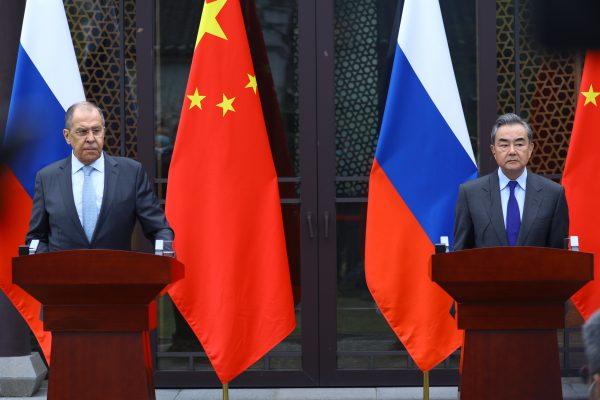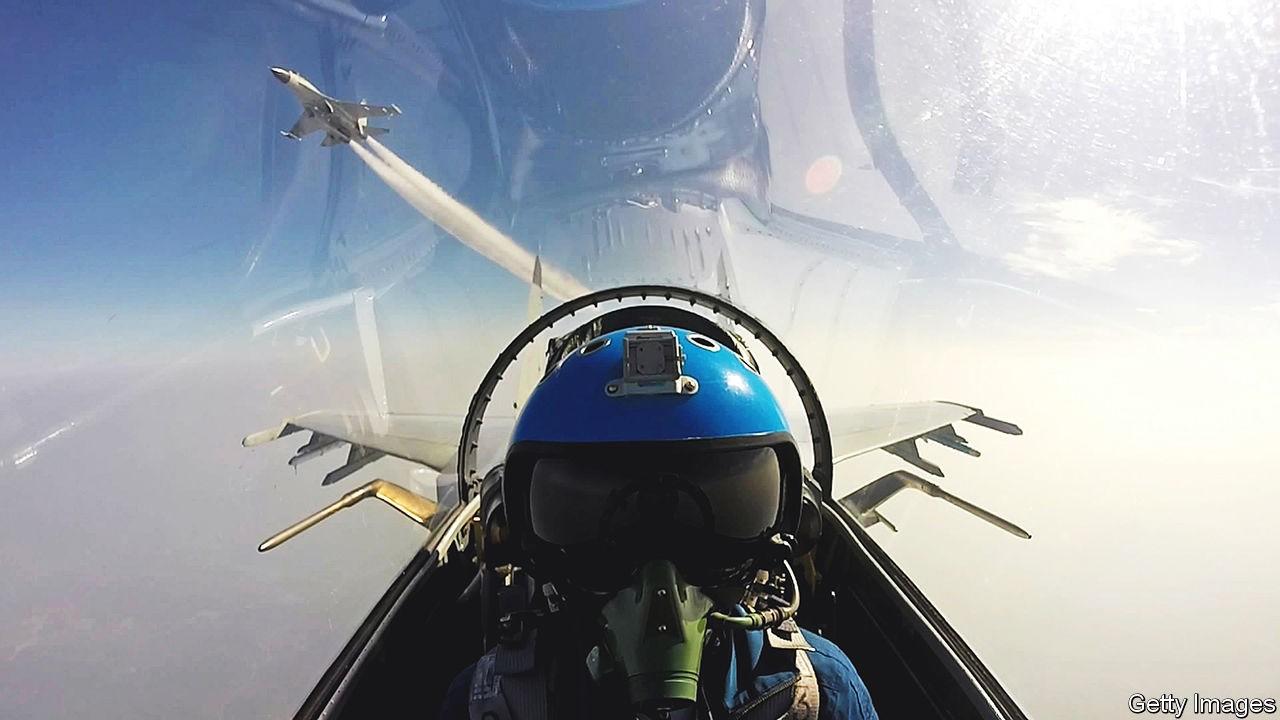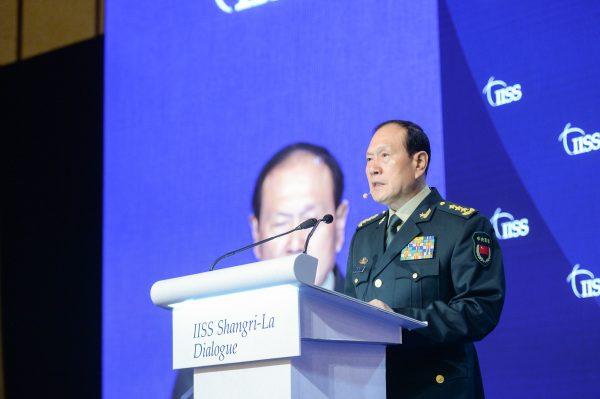Advertisement The Russian invasion of Ukraine presented a significant strategic challenge to the Chinese leadership. Yun Sun, director of the China Program at the Stimson Center in Washington, D.C., argued that Russian President Vladimir Putin successfully tricked China into creating an image that China supported the Russian invasion, even though Beijing neither anticipated nor endorsed the war. Evan Feigenbaum, vice president for studies at the Carnegie Endowment for International Peace, identifies Beijing’s three competing and contradictory objectives vis-a-vis the Russian-Ukrainian war: China’s strategic partnership with Russia, commitment to long-standing foreign…
Day: June 16, 2022
China’s elites think feminism is a foreign plot
An unprovoked attack on several women by drunken thugs has revealed something striking: Chinese leaders are more threatened by feminists than by violent gangsters. Communist Party bosses could hardly avoid addressing widespread public horror after the assault was captured by security cameras at a late-night barbecue joint in the northern city of Tangshan, earning billions of views online. Faced with this challenge to China’s self-image as a harmonious, low-crime society, officials, state media, China’s largest social-media platform and even a university dean have lined up to denounce the notion that…
China ponders the humans behind “virtual idols”
Whether it’s for marketing or entertainment, hiring a real-life celebrity is expensive and carries risks. Several Chinese stars have been caught up in scandals recently. Some get into trouble for being out of step with the Communist Party. The party, for its part, has attacked fan culture, banning online rankings of celebrities. It wants public figures to be upstanding role models. Little wonder, then, that many Chinese firms are choosing to work with “virtual idols” instead of the human kind. Listen to this story.Enjoy more audio and podcasts on iOS…
America and China try to prevent military mishaps and miscalculations
On may 25th 1968, a Soviet Tu-16 bomber made several low fly-bys perilously close to the uss Essex, an American warship in the Norwegian Sea. On its final pass, the Soviet plane clipped a wave and crashed into the sea, killing the entire crew. It was one of the deadliest in a string of close encounters between American and Soviet forces that led in 1972 to the Incidents at Sea (incsea) Agreement, establishing protocols for the two sides’ ships and planes to interact safely in peacetime. Listen to this story.Enjoy…
China’s diplomats are trying to broker peace in foreign conflicts
Soon after Russia began its latest invasion of Ukraine, the European Union’s foreign-policy chief, Josep Borrell, told a Spanish newspaper that there was “no alternative”. The eu and America could not act as mediators, said Mr Borrell. “Who else? It has to be China.” Listen to this story.Enjoy more audio and podcasts on iOS or Android. Your browser does not support the <audio> element. Listen to this story Save time by listening to our audio articles as you multitask OK So far that has proved wishful thinking. Russia appears determined…
“Economy is Security, Security is Economy”: Will South Korea set an example for other Eastern Asian countries?
The fact that President Joe Biden chose South Korea as the first stop of his first Asian tour since his inauguration is significant. Washington and Seoul are seeking to upgrade their military alliance into a “comprehensive global strategic alliance.” But they also want to upgrade their economic ties into a “technological alliance,” with the intent of developing technology and supply chain collaboration based on shared values. South Korean President Yoon Seok-yeol described the US–South Korean partnership as an “economic and security” alliance, emphasizing that “economy is security, and security is…
How Engaged Was China at the Shangri-La Dialogue?
Advertisement It was in 2007 that the Shangri-La Dialogue came into its own, with China and the growing importance of the Indo-Pacific at the center of its discussion. While China didn’t send ministerial-level officials, Vice Minister and Lt. Gen. Zhang Qinsheng’s presence at the 2007 Dialogue suggested that Beijing viewed the forum as an opportunity to advance its public diplomacy and demonstrate China’s ability to be more transparent and inclusive about its operations in the South China Sea and beyond. Zhang’s speech, in which he declared that China’s “peaceful development…






